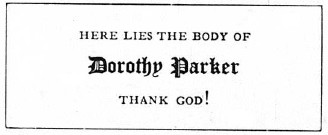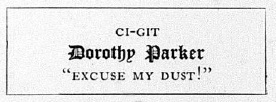Ralph Waldo Emerson? Leo Rosten? Thomas Carlyle? Anonymous?
Question for Quote Investigator: On Facebook and the web the following quotation has been circulating widely:
The purpose of life is not to be happy. It is to be useful, to be honorable, to be compassionate, to have it make some difference that you have lived and lived well.
The words are attributed to the famous philosophical essayist Ralph Waldo Emerson, but I have not been able to find a proper citation to an essay by the transcendentalist. Would you please explore this statement?
Reply from Quote Investigator: QI has found no substantive evidence that Ralph Waldo Emerson crafted the words above. Instead, QI believes that the passage was derived from a series of similar statements written and spoken by Leo Rosten who was a teacher and humorist.
In 1962 “The Sunday Star” newspaper of Washington D.C. published the text of an address recently delivered by Leo Rosten at the National Book Awards held in New York. The following excerpt strongly matched the target quotation though it was not identical:1
The purpose of life is not to be happy—but to matter, to be productive, to be useful, to have it make some difference that you lived at all.
Rosten restated this anti-hedonic proposition multiple times, and he used similar language to communicate his ideas. Detailed references are provided further below.
Continue reading “Quote Origin: The Purpose of Life Is Not To Be Happy But To Matter”
